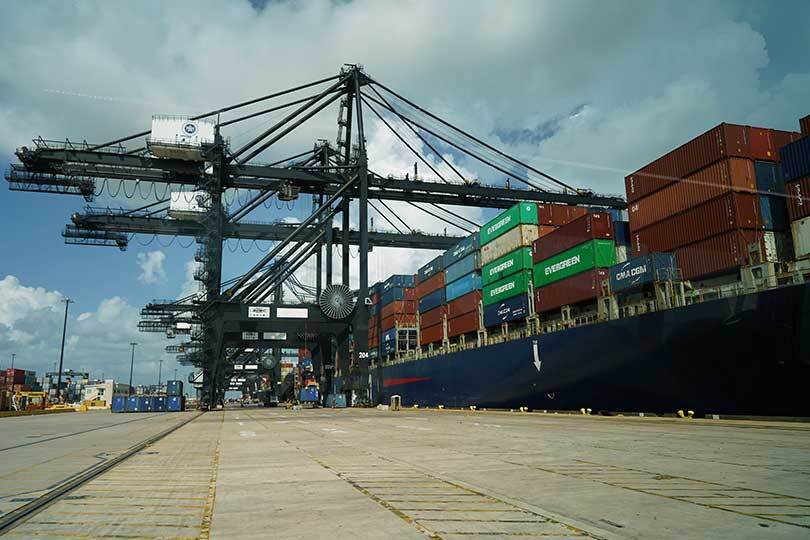By Shelby Shank
Field Editor
The White House is rolling back some of the reciprocal tariffs imposed earlier this year in an attempt to ease financial pressure on farmers, ranchers and consumers.
The announcement comes as food prices remain high and farmers face elevated input costs.
U.S. President Donald Trump signed the executive order Nov. 14.
“Given the substantial progress in reciprocal trade negotiations—including the conclusion of nine framework deals, two final agreements on reciprocal trade and two investment agreements—current domestic demand for certain products and current domestic capacity to produce certain products, among other things, it is necessary and appropriate to further modify the scope of the reciprocal tariffs,” Trump said. “Specifically, certain qualifying agricultural products will no longer be subject to those tariffs, such as certain food not grown in the United States.”
The exemptions include several imported food items, such as certain beef products, coffee, tropical fruits, nuts, cocoa powder, tea, spices, coconuts and select tomato products. These foods, the administration said, are either not grown domestically or not produced at a scale capable of meeting U.S. demand.
Trump said he took action following recommendations from officials monitoring the economic impacts of the earlier tariffs.
The administration also expanded the list of fertilizers exempted, adding urea and phosphate fertilizers.
Officials said the decision to scale back the tariffs reflects progress in trade negotiations and the need to maintain stable input costs for U.S. agriculture.
Americans have felt the strain of rising prices, especially at the grocery store.
Prices for eggs, beef and veal are projected to grow faster for all of 2025 than their 20-year historical average growth rate, according to the U.S. Department of Agriculture’s Economic Research Service.
Retail beef and veal prices increased 2.7% from July to August, increasing for the eighth month in a row and was 13.9% higher than in August 2024, amid a historically small cattle herd and strong consumer demand.
The Trump administration also announced several new trade agreements in recent weeks.


Leave A Comment